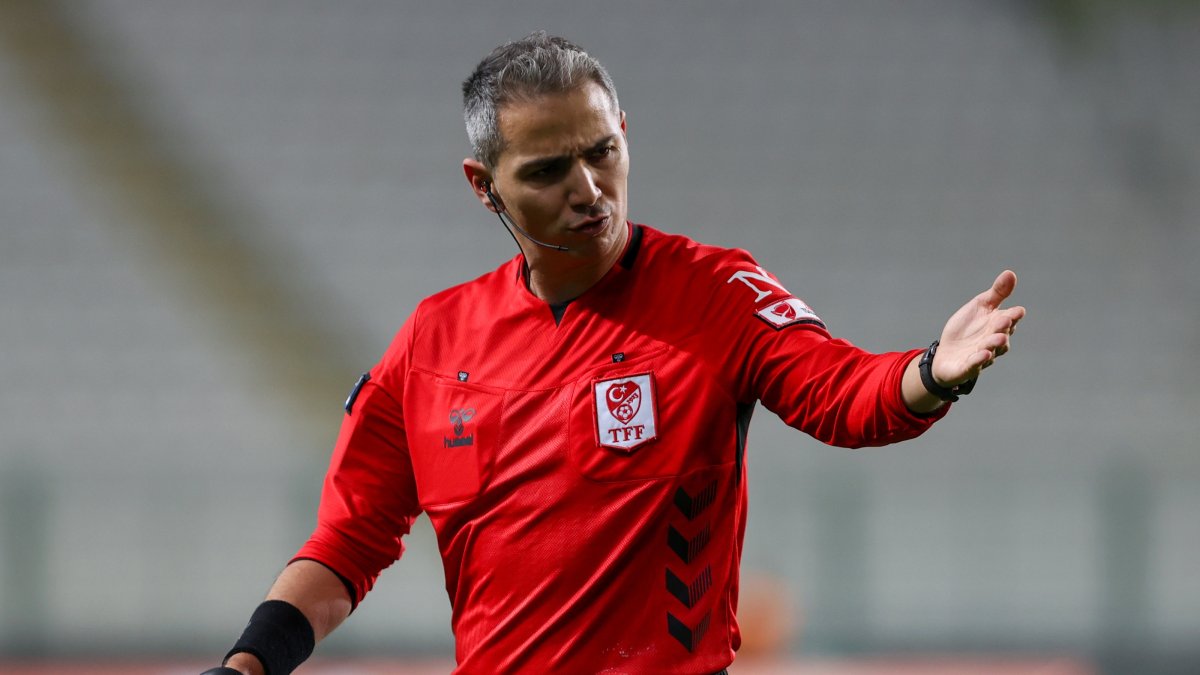Shiite Silence over Fallujah Assault Criticized
“The silence of Shiite leaders over the US military campaign on the Sunni city of Fallujah is dubious and weird,” Sheikh Mahdi El-Bedeiri, a Shiite scholar, told IslamOnline.net.
El-Bedeiri suspected that Shiite scholars stopped short of condemning the strikes against the 300,000-populated Fallujah because of political reasons.
“Do some of them consider taking part in the rule of the country or winning elections at the expense of the skulls of other Iraqis,” he said.
Some 10,000 US marines and army forces, alongside some 2.000 Iraqi national guard soldiers unleashed a long expected onslaught on the resistance hub Monday, November 8, capping long nights of massive US raids.
El-Bedeiri called on Iraqi parties and organizations to stage demonstrations and sit-ins in protest at the “massacres and massive destruction in Fallujah” after the strikes.
Divisive
Still, the opposition of the Shiites to the military aggression on Fallujah took a gradual divisive shape.
Anti-US firebrand Al-Sadr vehemently condemned the strikes as “a brazen aggression” on Iraqis regardless of their sect or religion.”
Abdel-Hadi Al-Daraji, Sadr’s aide, has also called on the Iraqi government to “stem the bloodshed” in Fallujah.
Renowned Shiite scholar Mohamed Gawwad Al-khalsi also slammed the assault and called for helping families that have fled Fallujah.
“The aggressions on Fallujans are a demonstration of the government’s failure to move all the way to peaceful solutions to the crisis,” Al-khalsi said in a statement.
He warned that the offensive would have a negative impact on the political process in the country and on the elections, due in January 2005.
‘Better Choice’
While the Dawaa Party — a Shiite group — has been divisive over the Fallujah attack.
Party leader, Ibrahim Al-Gaafari, stressed the importance of realizing a peaceful solution to the crisis.
Unlike Al-Gaafari, who doubles as vice president of the US-picked interim government, other Dawaa leaders justified the assault on Fallujah for cracking down on armed elements there.
“A plot has been conceived to isolate Baghdad from areas in its vicinity, a move I fear would allow the seizure of government buildings and participation of Baath leaders,” said Abu Bilal Al-Adib, the party’s politburo chief.
The press statements carried Al-Adib’s implicit support for the US military aggressions.
Al-Adib opened a heavy fire on Sunni groups which threatened to boycott the January elections in protest at the Fallujah attack. “They have taken such a position out of fears from the terrorists’ threats,” he has said in earlier press statements.
Ignorance
Meanwhile, the Supreme Council for Islamic Revolution in Iraq (SCIRI) remained silent as to the assault on Fallujah.
The influential Shiite group even ignored accusations that its military wing, the Badr Brigades, are fighting alongside US and Iraqi forces in Fallujah.
Pressed on the accusations, Abdel-Hassan Gaafar, a member of the SCIRI dismissed them as groundless.
There was almost no official Arab statements denouncing the offensive whether prior to it or after it had already erupted.
According to Arab diplomatic sources, Washington also urged the Arab countries to restrict popular criticisms against the US military aggression on the western Baghdad city.
The sources said the US State Department sent a secret message to a number of Arab officials warning against slamming the massive offensive, claiming that the strikes are meant to clamp down on Al-Qaeda-linked Abu Musab Al-Zarqawi’s group.
Fallujah fighters have repeatedly denied any links with Zarqawi, saying they are only acting to end the occupation of Iraq after no weapons of mass destruction have been found. The fact that these banned weapons have not been found has raised fears the invasion of Iraq had been based on false pretexts.
‘Tacit Support’
The overall stance of major Shiite authorities over the Fallujah offensive has drawn anger, especially among Sunni scholars.
Sheikh Mehdi El-Sumaydai, the religious chief of the Salafist group, blasted Iraqi Shiite religious leader Grand Ayatollah Ali Al-Sistani for staying quiet about the US-Iraqi assault.
“Prime Minister Iyad Allawi has declared war on Sunni areas, and these acts of oppression are the same as those used under the Saddam era,” El-Sumaydai said.
He said the stance of Sistani on Fallujah seems to be “tacit” support for the strikes, which have left many civilians dead and wounded.
"We reproach Sistani for not officially taking a position on the offensive and we call on him to do so," the Sunni religious scholar told Agence France-Presse (AFP) in an interview on Thursday, November 11.
He called on hawza, the highest religious Shiite authority in Iraq, to issue an edict banning Shiite scholars from fighting local inhabitants in Fallujah.
Sumaydai, also the imam of the Ibn Taymiya mosque in Baghdad, recalled that all Sunni religious leaders supported the Shiites in the holy city of Najaf and the Baghdad slum of Sadr City when the US-led military clashed with fighters loyal to Shiite leader Muqtada Al-Sadr.
"Is it the case that the Shiites are not interested by what is happening now? Is not Fallujah an Iraqi city and its residents the brothers of this country?" Sumaydai asked.
Thousands of US and Iraqi troops are battling for control of Fallujah, west of Baghdad, in the largest military offensive in Iraq since last year’s invasion of the oil-rich country.



